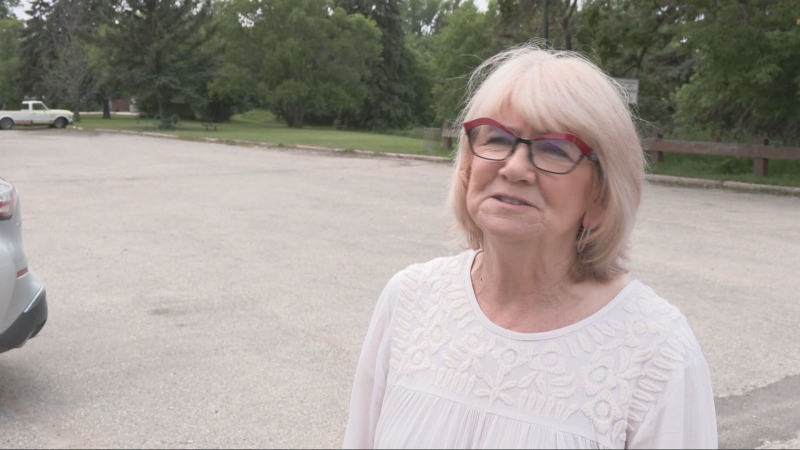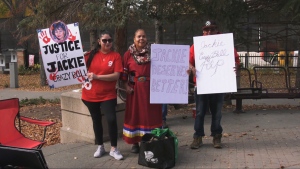Street Links, a program aimed at providing housing and support to individuals experiencing homelessness, has been making significant strides in freeing up hospital beds in Winnipeg.
According to the program’s director, Karen Dyck, Street Links has been successful in reducing the number of homeless individuals seeking medical care at hospitals. This has not only resulted in cost savings for the healthcare system, but also in improved health outcomes for those experiencing homelessness.
Dyck explains that the program works by connecting individuals with housing and support services, such as mental health and addiction treatment, as well as employment and education opportunities. This not only addresses the immediate needs of those experiencing homelessness, but also helps them to break the cycle of poverty and improve their overall well-being.
Since its launch in 2018, Street Links has helped over 1,000 individuals find stable housing and access necessary support services. This has resulted in a significant decrease in the number of homeless individuals seeking medical care at hospitals, freeing up much-needed beds for other patients.
The success of Street Links has also been recognized by healthcare professionals, who have seen a decrease in the number of repeat visits from homeless individuals. This not only reduces the strain on the healthcare system, but also allows for more effective treatment and care for those in need.
In addition to the positive impact on the healthcare system, Street Links has also had a significant impact on the lives of those it serves. Many individuals have reported feeling more stable and supported, with some even finding employment and returning to school.
The program has received funding from the provincial government, as well as support from community organizations and volunteers. This collaborative effort has been crucial in the success of Street Links and its mission to end homelessness in Winnipeg.
As the program continues to grow and expand, it is clear that Street Links is making a significant difference in the lives of those experiencing homelessness and in the healthcare system as a whole. With continued support and resources, it has the potential to make an even greater impact in the future.




